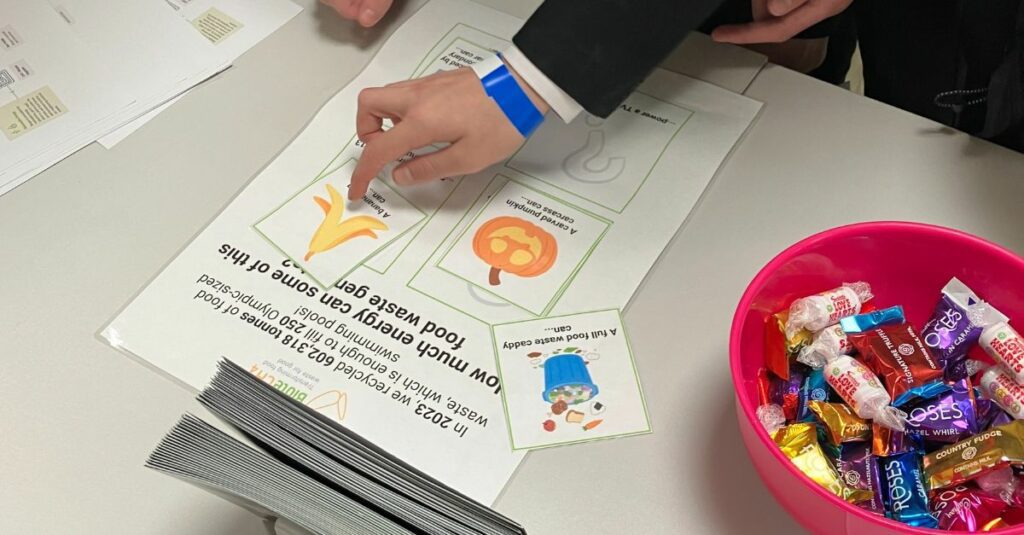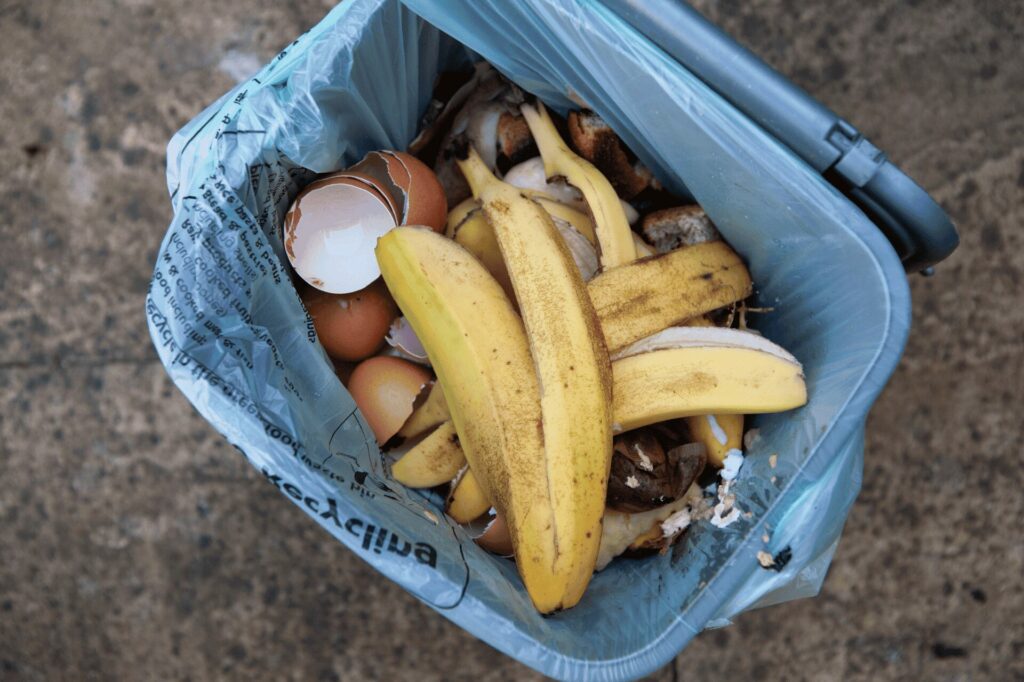What Local Authorities Can Do to Reduce Household Food Waste
- Local Authorities
- -
In the UK, we produce around 10 million tonnes of food waste in a year, amounting to about £19 billion in value. Some of it is unusable, like peels, seeds, and pits of fruits and vegetables. Some of it is bones from the meats consumed. However, a large portion is also food that has gone bad or is past its ‘best by’ date. Waste and Resources Action Programme (WRAP) estimates that around 75% of this could have been eaten.
Waste Not, Want Not
In short, nearly three-quarters of the food waste that ends up being thrown out did not need to be thrown out at all.
Since food waste is largely preventable and can damage the environment, there is a drive to reduce it.
The fact is, about 70% of the food waste, by weight, is household food waste. Moreover, unless the council offers a food waste recycling service, household food waste ends up in the general rubbish, forming a significant proportion of the total rubbish.
Even those Councils that offer a food waste recycling service still see food waste in the general rubbish bin. At this point, the waste ends up in landfill or, more recently, incinerators.
The problem is landfills are not good for the environment for many reasons. The most important of them is the fact that the waste ends up undergoing anaerobic decomposition. This process produces methane (CH4), as well as carbon dioxide (CO2) and water vapour. These are three of the top greenhouse gases (GHGs) that contribute to the climate change problem.
How can local authorities manage food waste better?
With the impending Simpler Recycling Legislation coming into effect from March 2026 local authorities will be collecting food waste from households.
Already half the country is recycling its food waste which means the remaining local authorities have just under a year now to procure, plan and implement ahead of this legislative change.
BioteCH₄ has extensive experience in food waste recycling and in working alongside local authorities to navigate the complexities of waste management. We recognise that implementing new food waste legislation presents both financial and operational challenges.
By providing clear, accessible information and practical guidance, we aim to support councils in making this transition as smooth and effective as possible.
So, what can local authorities do to encourage households to reduce their food waste?

1. Educational campaigns
Sometimes, people can be well-intentioned but simply aren’t aware of how their actions might be damaging. In that case, making them aware can inspire them to change how they manage their food.
For example, the Love Food, Hate Waste campaign explains in great detail how food waste is bad for the environment. It then goes on to offer tips on how to store food properly so it lasts longer and clever recipes that help one use up various leftover ingredients.
Local authorities could make use of this existing resource to collaborate and plan campaigns that drive education. And, instead of focusing on one medium, you could approach this from a multi-platform perspective by also helping people by giving them the resources to use up produce and ingredients that they may have in their refrigerators.
For example, in addition to traditional marketing (like messages on local buses and bus stops, fliers, etc), there could also be social media campaigns, direct engagement with residents at local community events or market days, and using influencers and ambassadors to promote your message, particularly during awareness periods like Food Waste Action Week.
These messages could encourage households to put more thought into their food shopping. That, in turn, will help them reduce the amount of ‘impulse-bought’ food that never gets used.
2. Taking higher-level action
Whilst local authorities can’t make people change the way they manage their household’s food, you can certainly make larger changes that can influence their behaviour.
For example, most people rely on the ‘best by’ or ‘use by’ dates on the packaging to determine when the food needs to be discarded.
However, it might not be clear as to whether the product is unusable after the printed date or if it’s a guideline and users should exercise their own discretion.
As a result, people may throw out food that is usable just because of the date printed on it.
A few years ago the Co-op introduced a change across their packaging for milk labels, in an effort to reduce dairy wastage. Since people generally don’t think about freezing milk as they do with meats and fish, this is a good way to remind them of the option. Such labels can help alleviate household food waste across the board.
Also, collecting food waste separately might not solve the food waste problem but it can help mitigate the effect these types of waste have on the environment.
Moreover, you cannot discount the effect that seeing how much food waste is being generated (which is currently just going in with the general rubbish) can have on how households manage their food.
3. Encourage food donation
Sometimes, even with the best intentions, people can find themselves in a position where they have food that just cannot be used up in time. It might be leftovers from last night’s meal or ingredients that might go off in a day or two but won’t be used up in that time.
In such cases, local authorities could encourage food donation and make it easy for households to pass on what they can’t consume to others who need it.
This way, even if they can’t use something, someone else will, and the food won’t end up in the bin.
4. Cross-sector collaboration
Local authorities have the power today to change their waste collection plans, including introducing a separate food waste collection. Separate collections are the best way to educate residents on how much food they are throwing away each week.
Local authorities could invest in a cross-sector collaboration where they exchange knowledge with food management and food waste management experts. Such collaborations will provide all parties with a broader understanding of the issues each faces. They will be able to come up with much more creative solutions to problems. And, they will be able to manage food waste problems more efficiently.

For example, at BioteCH4, we work with local authorities to recycle food waste through our facilities, where they undergo controlled anaerobic digestion and the gases released are used to generate electricity or cleaned up and fed into the power grid.
If you’re interested in finding out how we can help you, get in touch to have a chat with us.



